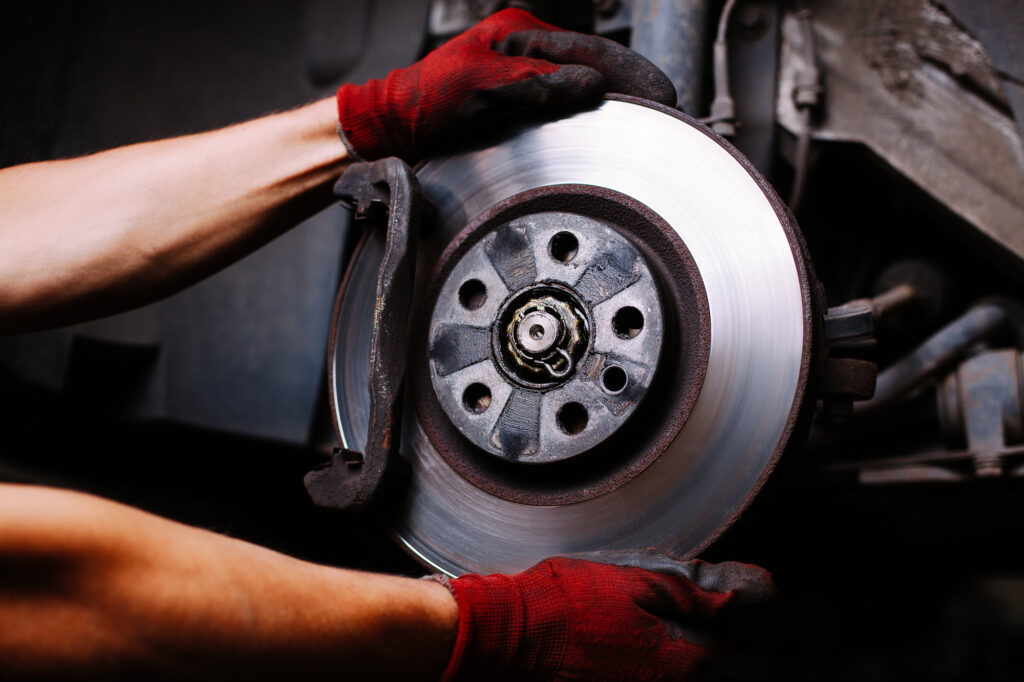Hearing a squealing noise when you apply the brakes can be a cause for concern. Not only is it annoying, but it could also be an indication that there is something wrong with your braking system. Your car’s brakes are one of the most critical components for ensuring your safety on the road, so it’s essential to address any unusual noises promptly.
There are various reasons why your brakes might be making a squealing noise, ranging from minor issues like brake dust to more serious problems like worn brake pads. Understanding the root cause of the noise can help you take the appropriate steps to fix the issue and ensure your brakes are functioning correctly. In this guide, we will explore five common reasons why your car’s brakes might be making a squealing noise.
Each section will tell the symptoms, causes, and potential solutions for these breaking issues. By identifying and addressing these problems early, you can maintain your braking system’s performance, ensure your safety, and avoid costly repairs. Whether you’re a seasoned driver or new to car maintenance, this guide will provide valuable insights into diagnosing and resolving brake noise issues.
1. Worn Brake Pads
One of the most common reasons for squealing brakes is worn brake pads. Brake pads are designed with a small metal indicator that makes a squealing noise when the pads have worn down to a certain point. This noise serves as a warning that it’s time to replace the brake pads. If the pads are not replaced promptly, they can wear down further and cause damage to the brake rotors, leading to more expensive repairs.
Symptoms of worn brake pads include a high-pitched squealing noise when braking, reduced braking performance, and longer stopping distances. To inspect the brake pads, remove the wheel and check the thickness of the pads.
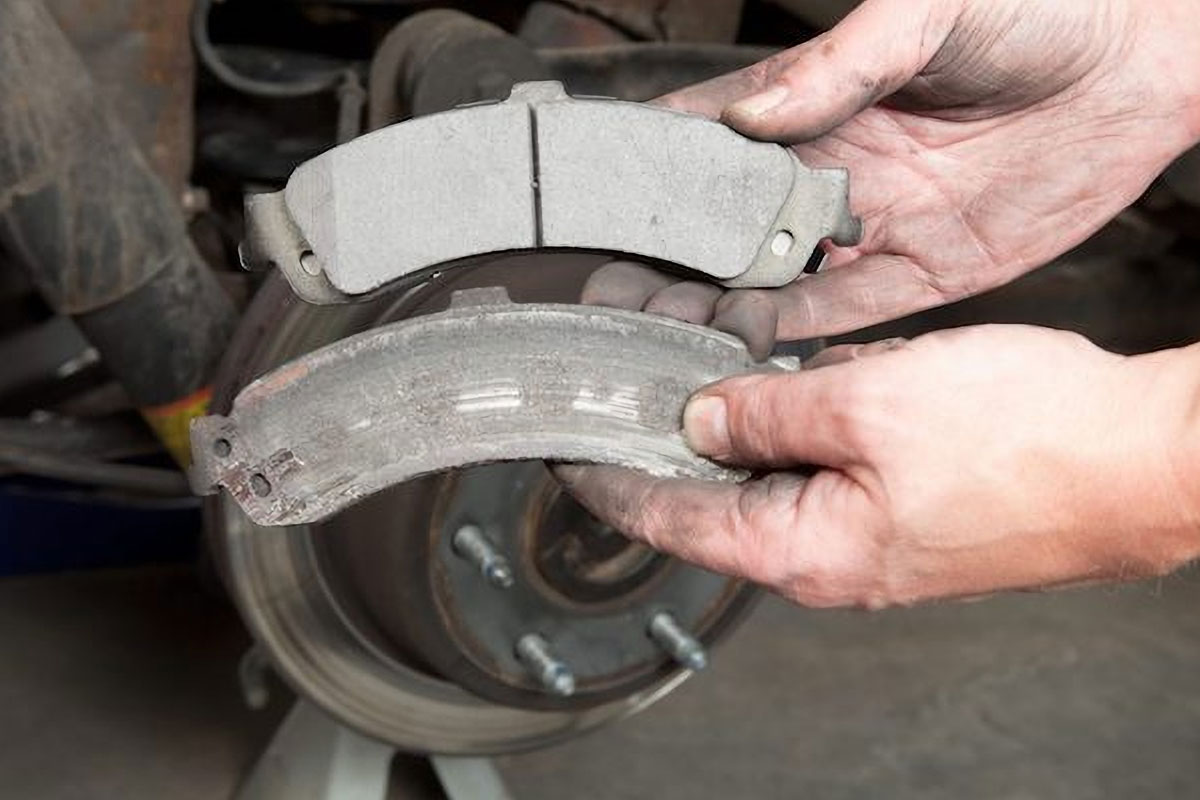
If they appear thin or have less than 3 millimeters of material remaining, it’s time to replace them. Regularly checking and replacing brake pads according to your vehicle’s maintenance schedule is essential for maintaining optimal braking performance and safety.
Using high-quality brake pads and ensuring they are properly installed can help prevent squealing and prolong the life of your braking system. Additionally, maintaining your brake pads can prevent further damage to other brake components, saving you from costly repairs and ensuring a safer driving experience.
2. Glazed Brake Pads or Rotors
Glazed brake pads or rotors can also cause a squealing noise when braking. Glazing occurs when the brake pads and rotors become overheated, causing the surface of the pads to harden and become smooth. This reduces their ability to generate friction, leading to a loss of braking efficiency and a squealing noise. Common causes of glazing include excessive braking, riding the brakes, and using low-quality brake pads.
Symptoms of glazed brake pads or rotors include a squealing noise when braking, reduced braking performance, and a vibrating or pulsating brake pedal. To fix this issue, the glazed surface needs to be removed.
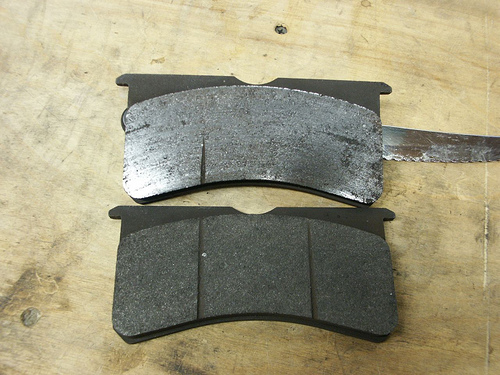
This can be done by lightly sanding the surface of the brake pads and rotors or by having them machined by a professional. In some cases, replacing the brake pads and rotors may be necessary. To prevent glazing, avoid excessive braking and use high-quality brake pads that can withstand higher temperatures.
Regular maintenance and proper braking techniques can help prevent glazing and ensure your brakes remain in good condition. Keeping your braking system in top shape not only enhances safety but also ensures a more comfortable and reliable driving experience.
3. Brake Dust and Debris
Brake dust and debris can accumulate on the brake components, causing a squealing noise when braking. Brake dust is a byproduct of the friction between the brake pads and rotors and can build up over time. In addition, dirt, grime, and other debris can get trapped between the brake pads and rotors, leading to squealing.
Symptoms of brake dust and debris include a squealing noise when braking, especially at low speeds, and visible dust or debris on the brake components. To address this issue, thoroughly clean the brake components using a brake cleaner and a brush.
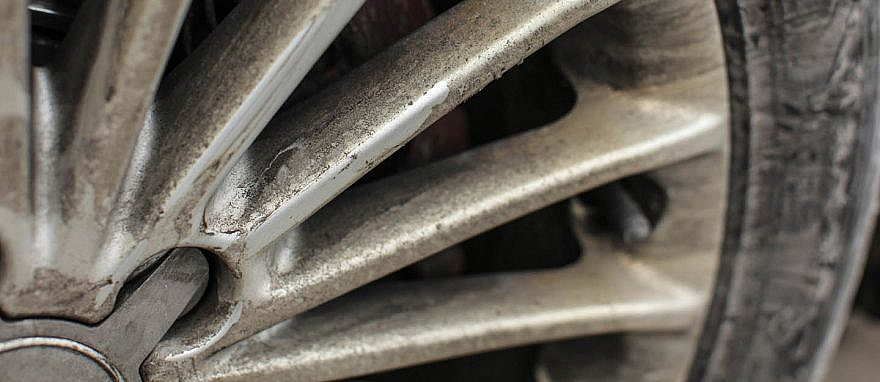
Be sure to clean the rotors, calipers, and brake pads to remove any accumulated dust and debris. Regularly cleaning your brakes as part of your vehicle’s maintenance routine can help prevent squealing and ensure optimal braking performance.
Additionally, using low-dust brake pads can reduce the amount of brake dust generated and help keep your brakes cleaner for longer periods. Proper cleaning and maintenance of your brake system not only prevents annoying noises but also enhances the performance and safety of your vehicle.
4. Lack of Lubrication
A lack of lubrication on the brake components can cause squealing noises. The brake pads and calipers move back and forth when you apply the brakes, and if these components are not properly lubricated, they can create friction and produce a squealing noise. Symptoms of a lack of lubrication include a squealing noise when braking, a stiff brake pedal, and reduced braking performance.
To address this issue, apply a high-temperature brake lubricant to the contact points where the brake pads and calipers meet. Be careful not to get any lubricant on the friction surfaces of the brake pads or rotors, as this can reduce braking efficiency.
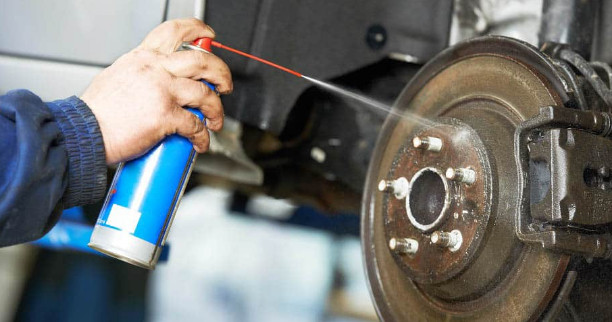
Regularly lubricating the brake components as part of your maintenance routine can help prevent squealing and ensure smooth and efficient braking. Using a high-quality brake lubricant that can withstand high temperatures is essential for maintaining proper lubrication and preventing noise.
Regular lubrication of brake components not only eliminates squealing but also ensures the longevity and reliability of your braking system, providing a safer and more enjoyable driving experience.
5. Misaligned or Loose Brake Components
Misaligned or loose brake components can also cause a squealing noise when braking. If the brake pads, calipers, or rotors are not properly aligned or securely fastened, they can create vibrations and produce a squealing noise. Symptoms of misaligned or loose brake components include a squealing noise when braking, uneven brake pad wear, and a vibrating or pulsating brake pedal.
To diagnose this issue, inspect the brake components for any signs of misalignment or looseness. Ensure that the brake pads are correctly seated in the calipers and that the calipers and rotors are securely fastened. If you notice any loose or misaligned components, tighten or adjust them as necessary.
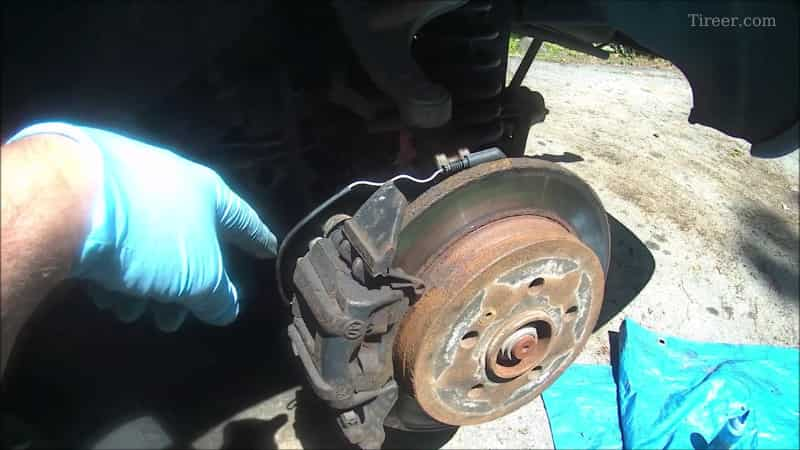
Regularly checking the alignment and fastening of your brake components can help prevent squealing and ensure optimal braking performance. If you’re unsure how to diagnose or fix this issue, consult a professional mechanic for assistance.
Proper alignment and secure fastening of brake components not only prevent annoying noises but also contribute to the safety and effectiveness of your braking system.

